
Warren Buffett is one of the most successful investors of all time. He was born in 1930 and started investing when he was 14 by purchasing and renting out four acres of land. He then started college after purchasing another investment property at the age of 16 and later, along with Charlie Munger, bought the Berkshire Hathaway Textile Company (NYSE:BRK.A) and turned it profitable, thereby starting his fortune.
But how well do you think you know this guru of investing? Here are a few quotes for you to see into the idol of finance bros everywhere.
Background on Warren Buffett
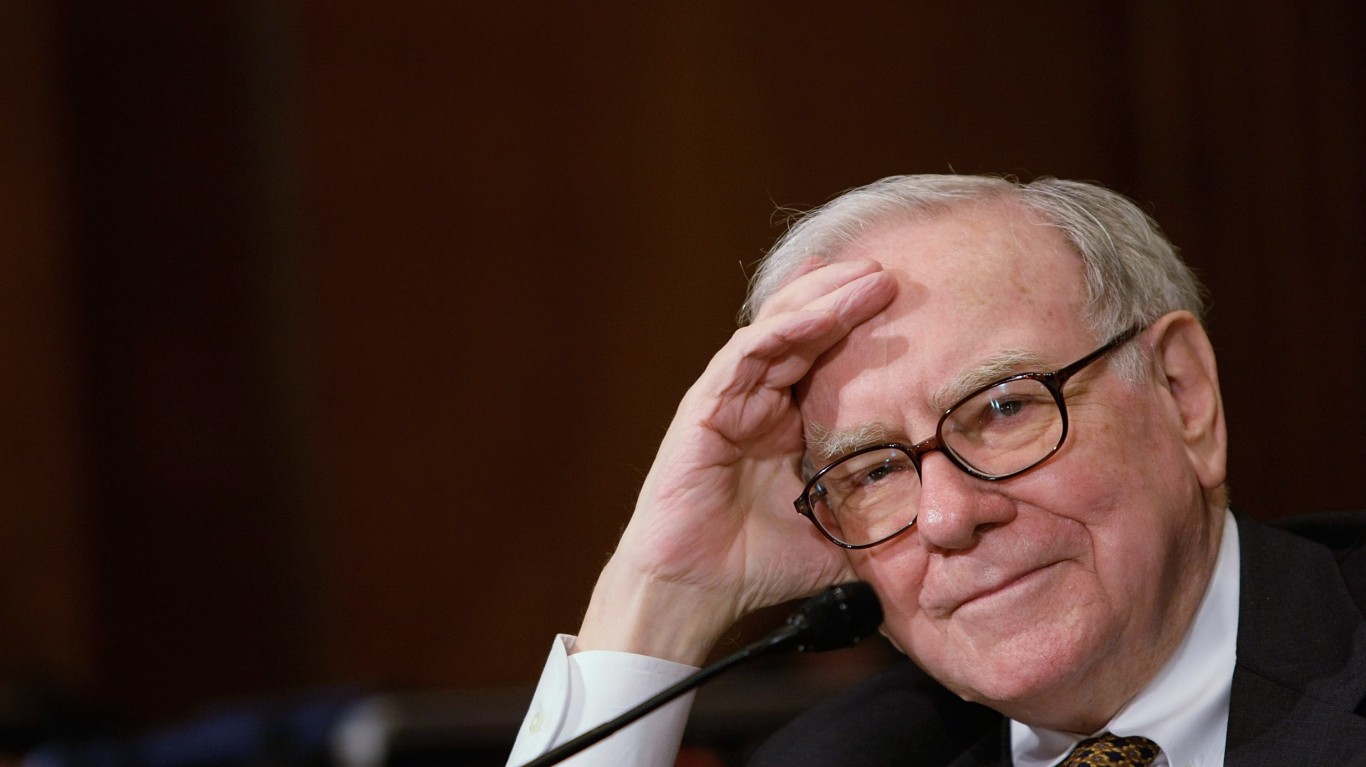
Like any other value investor, he took the profits he was making from Berkshire Hathaway and used it to buy and invest in other well-known and successful businesses. Warren Buffett has historically bought stock in successful yet undervalued brands and hung on for the long haul, patiently accumulating cash when others were impatient and jumped ship.
Warren Buffett pledged his fortune to the Bill and Melinda Gates Foundations in 2006 in the form of class B shares of Berkshire Hathaway stock. Of this donation he said, “I am not an enthusiast of dynastic wealth, particularly when the alternative is six billion people having much poorer hands in life than we have, having a chance to benefit from the money.”
The donation will total 10 million shares to be paid out in 5% increments until he dies, or if certain stipulations aren’t met. As of 2023, the donated stock amounts to $39.5 billion. He has also donated stocks to different charities that his children run, and he also donated 1,045,300 shares to his foundation, the Susan Thompson Buffett Foundation, which was started to honor his late first wife. The Susan Thompson Buffett Foundation offers scholarships to subtends in Nebraska and supports pro-choice causes in the United States.
Despite his vast fortune, Warren Buffett is reported to live a really frugal lifestyle. He still resides in the same 5-bedroom house he bought in 1958 for the shocking price of $31,000, is a regular at his local diner, and drinks Diet Coke just like normal people. The only thing he’s ever really indulged in is his private jet, which he named “Indefensible,” because, you know, owning a private jet is pretty morally shady.
Why Are We Talking About This?
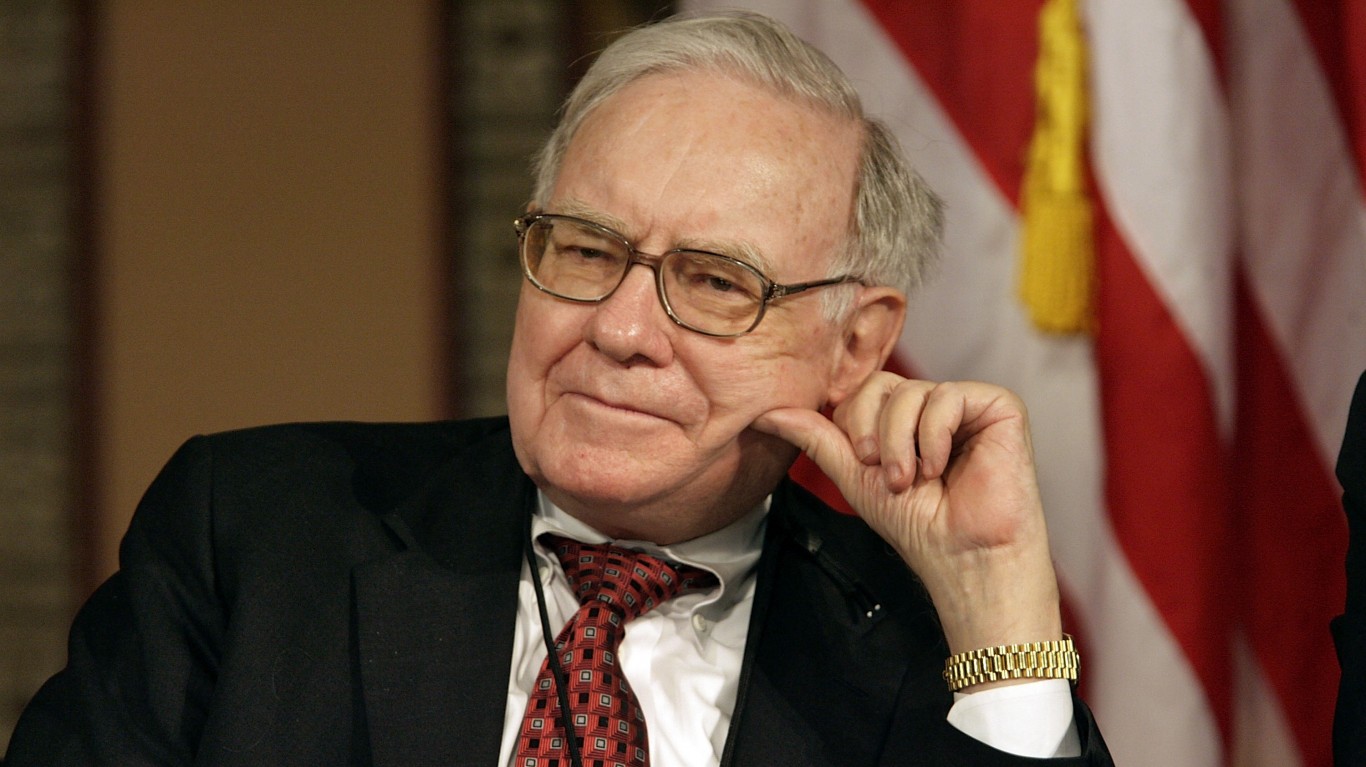
It’s nearly impossible to peruse certain online networking sites without seeing at least a few motivational images with Buffett’s face, but is he someone actually worth listening to? How many people who follow his every word actually know him? Hopefully, a few of these quotes will help you better define his character, or help you better understand the person you venerate.
#1 Trickle-down Economics

“The rich are always going to say that, you know, just give us more money and we’ll go out and spend more and then it will all trickle down to the rest of you. But that has not worked in the last 10 years, and I hope the American public is catching on.”
Trickle-down economics is a lie. It has never worked and never will. Giving tax breaks to the rich and relying on the poor to prop up our government is a recipe for disaster.
Trickle-down Economics

It’s refreshing when someone in the 1% is transparent about how capitalism actually works. Warren Buffett said this quote in 2019. Some (or probably all of the not-rich people) might say that this quote might have been nice to hear a few decades ago, as we are now all experiencing record high inflation, impossible costs of living, the immanent disappearance of the middle class, and imminent climate catastrophe.
#2 The 1% of Humanity
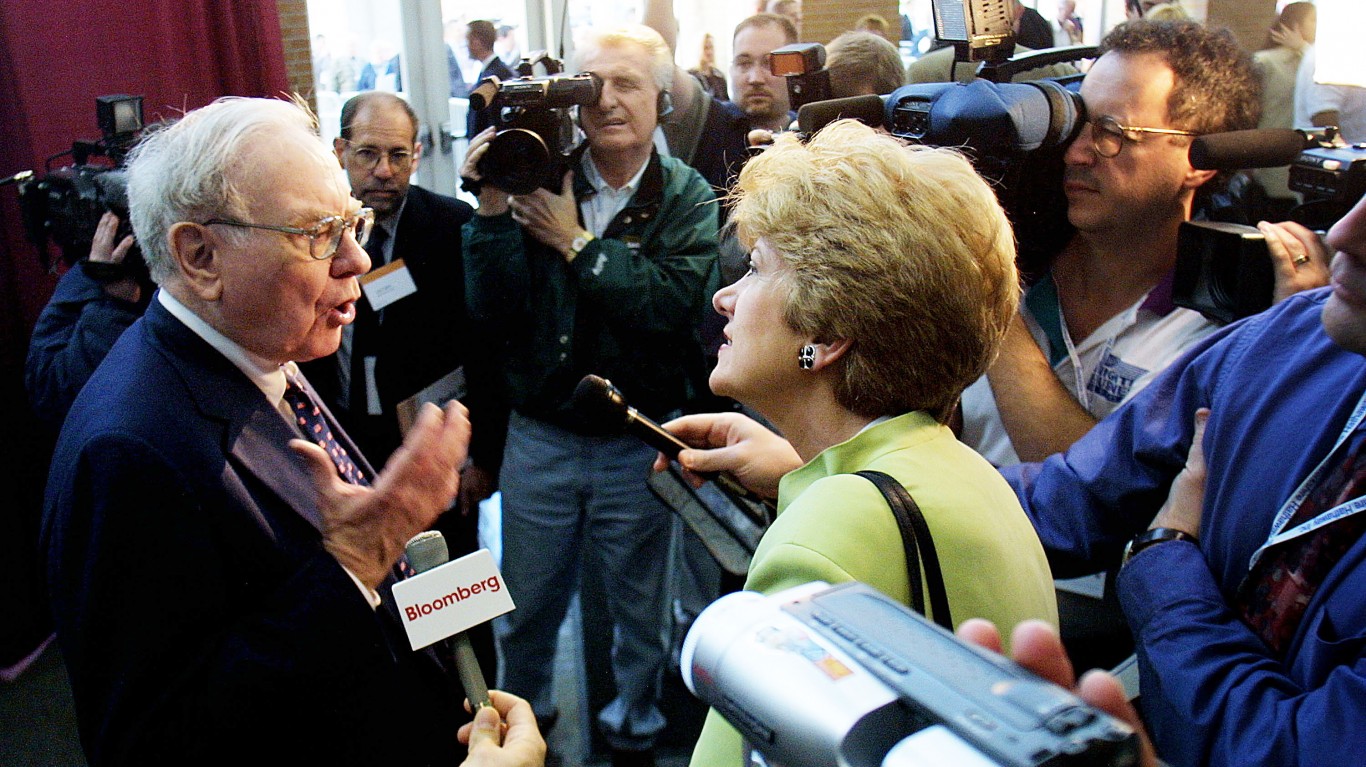
“If you’re in the luckiest 1% of humanity, you owe it to the rest of humanity to think about the other 99%.”
This sounds like a generous way for a person with a vast wealth of over 100 billion dollars to live, but is this Warren Buffett’s reality? Although a person who cares about philanthropy, he has pledged to donate almost all of his wealth to the Bill & Melinda Gates Foundation… upon his death. It’s true, that Warren Buffett is currently 94, so that date might be coming sooner than later, but this sentiment reminds me of Thomas Jefferson and his relationship with being an enslaver.
The 1% of Humanity

Thomas Jefferson bemoaned the institution of slavery, calling it a “moral depravity,” while simultaneously owning more than 600 slaves over the course of his adult life. Out of the 600, he granted freedom to only 2 of them while he was alive, and five upon his death. Of those five, two of them were his own children. And like Warren Buffett, Thomas Jefferson knew what he was doing was morally wrong, as proven by his private jet, “indefensible,” but still enjoyed a privileged lifestyle while alive.
#3 I Always Knew

“I always knew I was going to be rich. I don’t think I ever doubted it for a minute.”
This is a good lesson for all of us. Maybe the key to being rich only requires a certain amount of lucky right circumstances, extreme determination, and a few ounces of privilege and delusion. Remember when he bought his home for only $31,000 in 1958? Maybe you should have thought about doing that before you were born.
I Always Knew

Did you know that wealth changes the chemistry of a person’s brain? Recent studies show that most billionaires have personality traits in common including, “Machiavellianism, psychopathy, and narcissism,” and display common behaviors such as, “self-promotion, emotional coldness, duplicity, and aggressiveness.”
#4 The Key to Investing
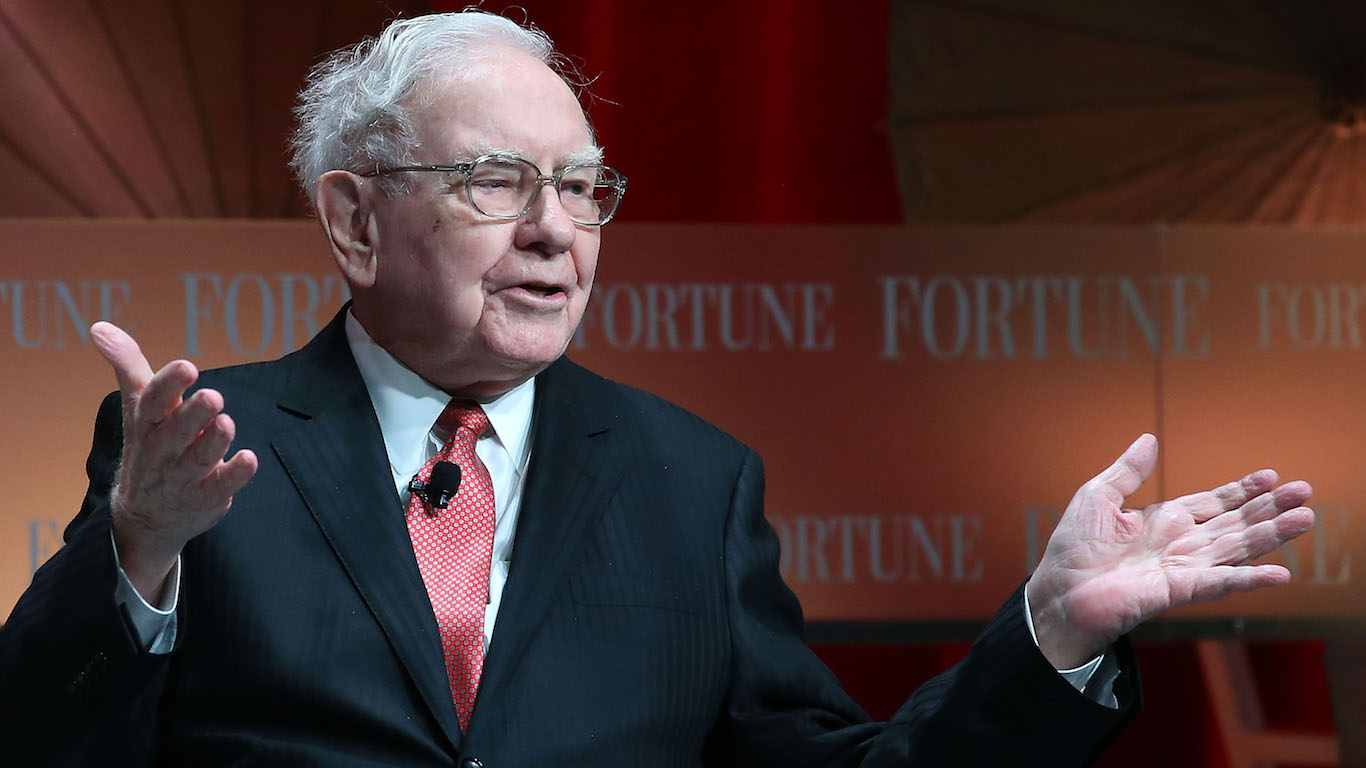
“The key to investing is not assessing how much an industry is going to affect society, or how much it will grow, but rather determining the competitive advantage of any given company and, above all, the durability of that advantage.”
In other words, “The key to investing is to be kind of selfish.” We see this time and time again when large corporations and wealthy individuals invest in companies (and keep investing) that exploit workers, gaslight the public, cut corners in quality and safety, produce products that have been proven to poison our world with pollution, create harm, and violate human rights.
The Key to Investing

It seems that if you want to be successful at investing, you must be willing to not care about whether your financial support will be good or bad for humanity collectively.
#5 Making Things Difficult
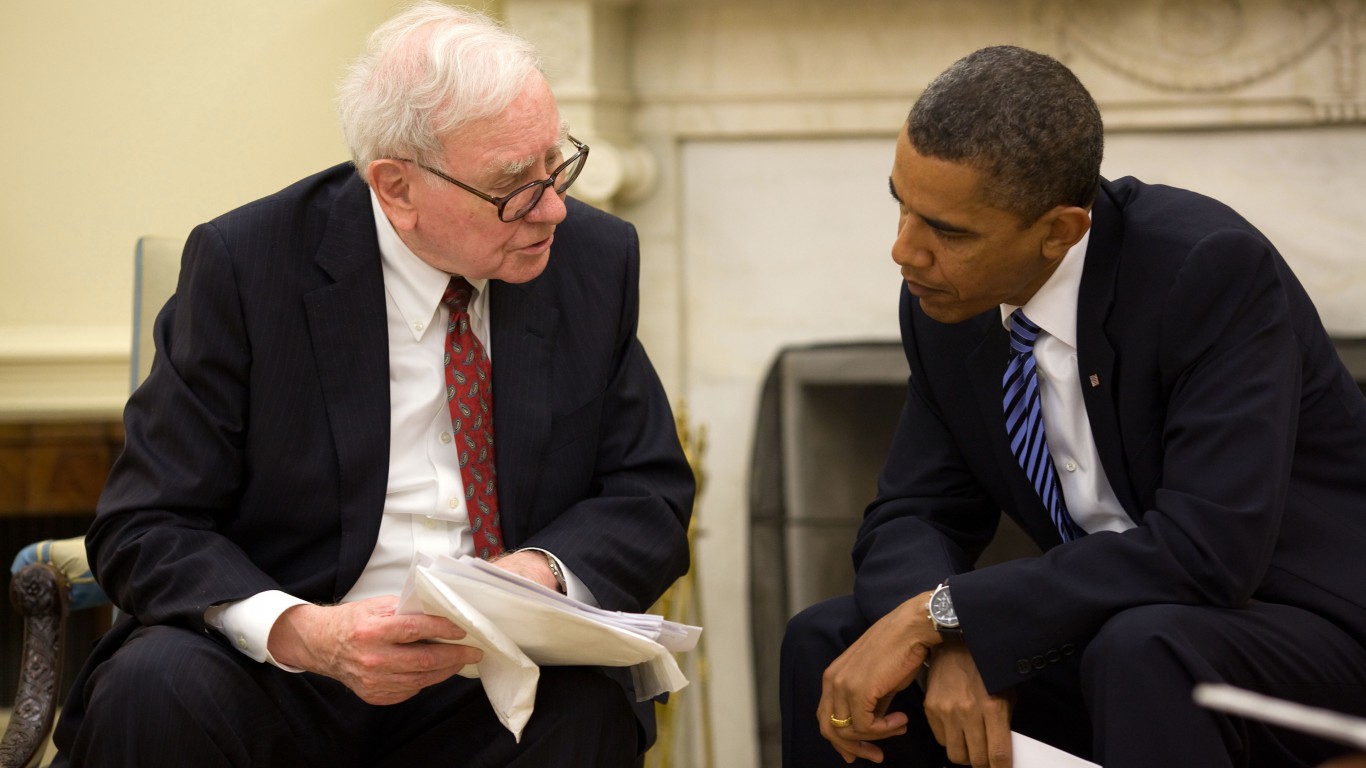
“There seems to be some perverse human characteristic that likes to make easy things difficult.”
As I look around myself, my own life, my daily choices, and the state of the world, I find this to be true. For example, an easy thing to do would be to pay workers fairly and generously. Instead, some “cool,” companies (I bet you can think of a few) spend large amounts of money on things like in-office entertainment, snacks, in-office gyms, endless team-building exercises, laying off vital employees in favor of cheaper but low-quality end products, swag, pizza parties, team vacations, etc. in the name of the bottom line. Some companies would rather give their employees the illusion of benefits that come in the form of snack packs instead of giving them actual benefits like generous paternal leave, paid time off, healthcare, and dental insurance.
Making Things Difficult

Another example is when certain politicians become concerned about the ever-decreasing birth rate in America due to policies that don’t support families and childcare being unaffordable. Instead of just fixing those issues, they decided to make things difficult by attacking women’s rights and fighting for decades to outlaw birth control and access to healthcare.
Or, if I’m feeling anxious, the easy solution would be to unglue my eyeballs from social media and go outside to look at trees. Instead, I make things difficult by drinking more iced coffee and keep on doom-scrolling.
#6 The Price You Pay

“Price is what you pay. Value is what you get.”
Too often we equate value with the actual dollar value we pay for something. In this instance, Buffett is specifically referring to stocks that might be overvalued or undervalued on the market, but we can apply it to other areas of our lives.
The Price You Pay

It is an unfortunate reality that we must apply a monetary value to everything in our lives, and if that thing is low in value, then we feel pressure to let it go, or cherish it less. This includes our time, family, and everything else. There is always the pressure to turn our hobbies into side-hustles instead of just enjoying the value of a hobby.
What actual value do you get out of the price of skipping work at a soulless company that doesn’t really care about you to spend the afternoon with your loved ones? What value do you get out of the price of continuing traumatic family behaviors instead of spending a couple hundred dollars on therapy?
#7 People Don’t Learn
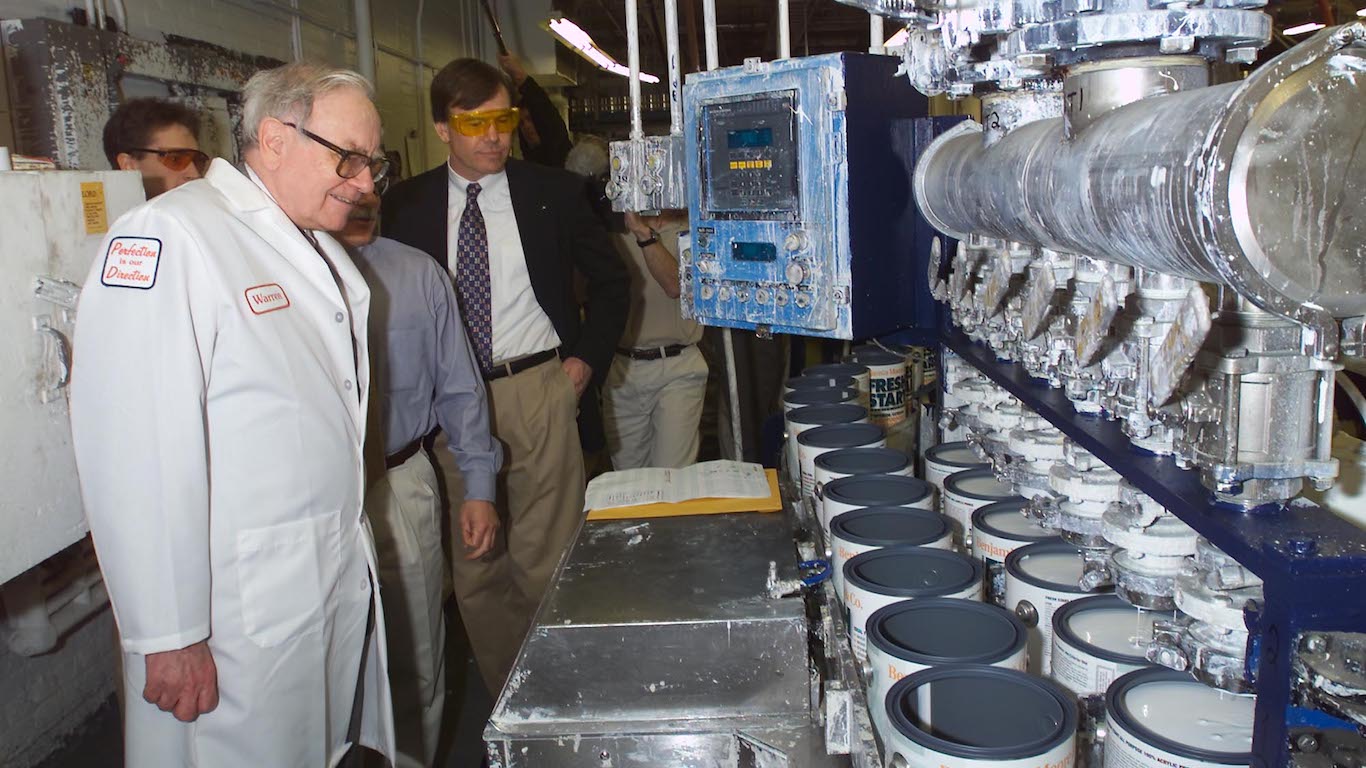
“What we learn from history is that people don’t learn from history.”
You might know a lot of history, you might be able to list historical events, but did you actually learn the lessons of history?
People Don’t Learn

We tend to fascinate ourselves with the famous figures and quotes of history without actually looking at the trends and lessons of history that can help us make better decisions today. We idolize our historical figures without looking at why they are so famous in the first place.
#8 Planting Trees

“Someone’s sitting in the shade today because someone planted a tree a long time ago.”
I agree with and appreciate this quote. I don’t personally know how many metaphorical or literal trees Warren Buffett has planted over his nine-decades long life, neither can I control it. But what I, and what we all can control, is to start planting trees today, metaphorical, or otherwise.
Planting Trees

We can all do better when we think about the next generation. What world are we leaving them with? How are we spending our time to improve the world? Or will we simply complain about upcoming generations and pull the ladder up after us?
#9 The Climate of Fear

“It’s been an ideal period for investors: A climate of fear is their best friend. Those who invest only when commentators are upbeat end up paying a heavy price for meaningless reassurance.”
This is good investment advice, but it is usually only applicable to those who have money to throw around during hard economic times, and that usually doesn’t include the poor and those who lose their job during a recession.
The Climate of Fear

I love it when the people pulling the strings are honest and say what they mean. Creating fear is a good emotion to evoke in the masses to make money. Does he mean that investing works especially well if people’s fears are being exploited? In this quote, Buffett explains how some of his most profitable and lucrative investments have been purchased during market crashes.
#10 Too Much of a Good Thing

“Why not invest your assets in the companies you really like? As Mae West said, too much of a good thing can be wonderful.”
I like this quote not only because he quoted a woman, but also because you can apply this to your consumer habits. Buffett is talking about deciding whether or not to invest in companies. It is in the same vein as the previously cited quote about not caring if an investment will affect society positively or negatively.
Too Much of a Good Thing

Some would say that only investing in companies that you like, and not ones that will better the world might be on the selfish side. But, I think that as consumers, we have a lot of collective spending power to force companies to act more ethically. This can be in the form of boycotts, only supporting transparent companies, and divesting in things like fast fashion.
#11 An Uncertain World

“We always live in an uncertain world. What is certain is that the United States will go forward over time.”
Warren Buffett is someone who really believes that America cannot fail. This belief has been lucrative for him. Upon further contemplation, this quote can really give you an insight into the ruling class’s worldview.
An Uncertain World

People genuinely believe that their actions don’t have long-reaching consequences for everyone else. That somehow, even though we all live on the same planet, and breathe the same air, individualism encourages us to believe that our actions only affect a small bubble around ourselves. The idea that, “no matter what, we will make it,” does a good job of placing the responsibility of negative consequences on someone else’s shoulders, instead of looking in the mirror.
#12 A Leaking Boat

“Should you find yourself in a chronically leaking boat, energy devoted to changing vessels is likely to be more productive than energy devoted to patching leaks.”
Talk about the duplicity of billionaires. I thought this quote was a silly contrast to the United States quote. But, this is sage advice. We don’t have to keep pouring energy into sinking boats. We can switch boats.
A Leaking Boat

Does that mean we can change physical locations? Like moving to a country with universal healthcare? Does it mean switching up our interpersonal relationships and moving on from ones that don’t serve us? Does it mean dismantling the racist and colonialist economic systems that our world currently uses? Or does it mean knowing when to sell your stocks in a company that you were once confident in? Warren Buffett was talking about that last one, but for us peasants, we can apply this to every area of our lives.
#13 Stop Digging

“The most important thing to do if you find yourself in a hole is to stop digging.”
I think this is also a really good, universally applicable, wise quote. Does it help me understand how to be the next multi-billion-dollar investment guru? Not necessarily.
Stop Digging

Some investors fall victim to the same temptation that gamblers do: the next week or the next had will surely turn our luck around. When a stock is bad, it’s best to cut your losses and leave instead of pumping more money into it hoping that you’ll beat the market.
#14 The Smarter Journalists
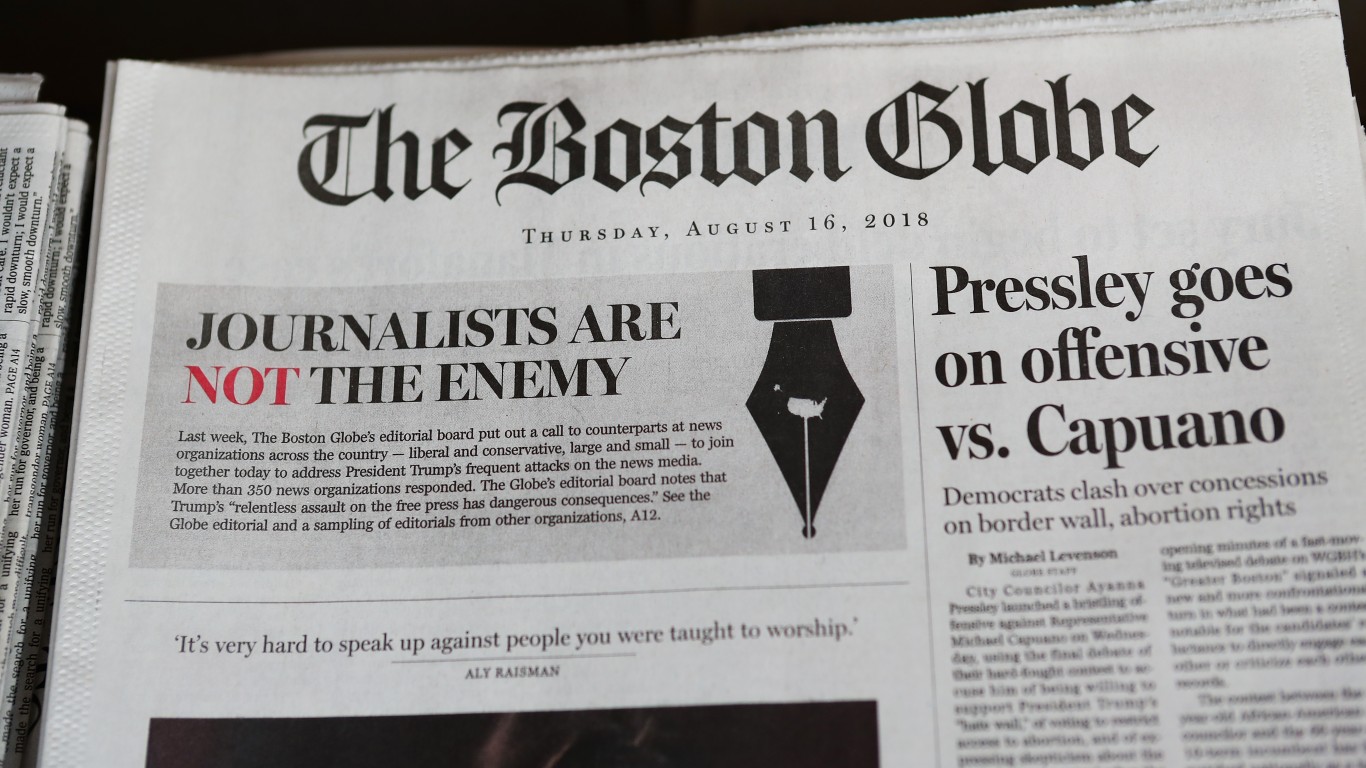
“The smarter the journalists are, the better off society is. For to a degree, people read the press to inform themselves- and the better the teacher, the better the student body.”
This has nothing to do with investing, but I shockingly find myself agreeing with this sentiment. Honest, smart, and informed journalists who report on events as unbiased as possible are invaluable to our society.
The Smarter Journalists

What might come as as surprise, however, is that it is billionaires and millionaires who rub shoulders with Buffett who are buying local newspapers (usually through private equity firms), news networks, and other journalistic institutions and running them out of business. We have lost thousands of newspapers and news stations every month for years as private equity milks them dry.
#15 Seven-Foot Bars

“I don’t look to jump over 7-foot bars: I look around for 1-foot bars that I can step over.”
Sometimes we think of the American dream as an underdog surprisingly achieving the almost impossible. And the fact is, that won’t happen to everyone. Not everyone can be an Olympian, not everyone can be in the 1%, and not everyone can stomach exploiting people for personal gain.
Seven-Foot Bars

Achieving any level of success involves a lot of little successes along the way. If we’re not capable of overcoming small obstacles, why would we think we could overcome the larger ones once we’re successful?
I like the realistic advice that is given here. Average people should be looking for small steps to take in achieving their goals. A lot of small steps turn into big steps.
#16 The Source of Risk

“Risk comes from not knowing what you are doing.”
This was said at one of Buffett’s annual conferences where he shared advice to people looking to become investors who, you guessed it, don’t know what they are doing. Which is why they went to the conference in the first place.
The Source of Risk

If we knew everything there was to know about investing (or about anything) then there would be no risk. So, if you’re afraid of investing, or starting something knew, the best way to combat that is to learn as much as you can.
#17 Understand the Business

“Never invest in a business you cannot understand.”
Warren Buffett has historically stuck to his own advice. He has stayed away from investing in tech companies and admits that he doesn’t know much about technology. If not anything, he has proven that “sticking with what you know,” can be really useful in the investment sphere.
Understand the Business

Does this mean you shouldn’t invest in artificial intelligence, cryptocurrency, or other similar technologies if you don’t understand it? Probably. Those who bought NFTs could have probably benefited from this advice.
#18 When a Country Needs Income

“I just think that- when a country needs more income and we do, we’re only taking in 15 percent of GDP, I mean, that- that- when a country needs more income, they should get it from the people that have it.”
You heard the Oracle of Omaha, it is past time to tax the rich, or at least make them pay their fair share.
When a Country Needs Income

Why are the people who have the least footing the bill for the millionaires and billionaires? Why is it the ones who actually work in the factories and stores and farms subsidizing the lifestyle of their bosses?Unfortunately, this level of change won’t happen without significant social pressure.
#19 What Others Think of You

“If you get to my age in life and nobody thinks well of you, I don’t care how big your bank account is, your life is a disaster.”
This reminds me of when wealthy people say things like, “money isn’t everything,” or “money can’t buy happiness.” Is that true? According to Warren Buffett, it is.
What Others Think of You

It’s interesting to see a person who has unlimited resources and money value his relationships more than his material objects. Of course, he doesn’t have to work tirelessly at multiple jobs just to scrape by like most Americans, but that’s neither here nor there.
#20 Who Loves You?

“Basically, when you get to my age, you’ll really measure your success in life by how many of the people you want to have love you actually do love you.”
There you have it, folks. An aged billionaire is saying that the people around us, the strength of our communities, is really the measure of success.
Who Loves You?

Maybe we can all stop hustling now and focus on community building. Maybe we can jump out of the sinking ship of capitalism and try something different. Maybe we can do a better job of planting trees than Warren Buffett’s generation did. Maybe we can build a better world than what we are inheriting.
100 Million Americans Are Missing This Crucial Retirement Tool
The thought of burdening your family with a financial disaster is most Americans’ nightmare. However, recent studies show that over 100 million Americans still don’t have proper life insurance in the event they pass away.
Life insurance can bring peace of mind – ensuring your loved ones are safeguarded against unforeseen expenses and debts. With premiums often lower than expected and a variety of plans tailored to different life stages and health conditions, securing a policy is more accessible than ever.
A quick, no-obligation quote can provide valuable insight into what’s available and what might best suit your family’s needs. Life insurance is a simple step you can take today to help secure peace of mind for your loved ones tomorrow.
Click here to learn how to get a quote in just a few minutes.
Thank you for reading! Have some feedback for us?
Contact the 24/7 Wall St. editorial team.




